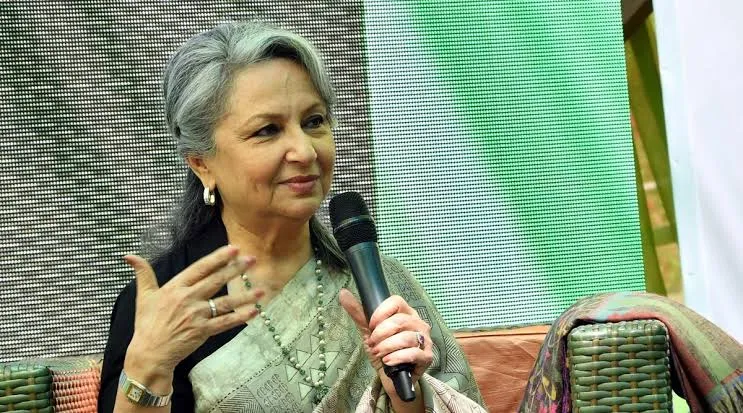The Supreme Court on Tuesday criticized the Assam government for its failure to deport illegal immigrants who had been declared foreigners, opting instead to keep them detained in camps.
A bench comprising Justices A S Oka and Ujjal Bhuyan questioned the state’s claim that deportations could not be carried out due to unknown addresses of the detainees.
Justice Oka expressed frustration with this rationale, asking, “Why should it be our concern? You deport them to their foreign country. Are you waiting for some muhurat?” He further emphasized that the state could deport foreigners even without knowing their exact addresses, stating, “Once they are held to be foreigners, they should be deported immediately. You know their nationality.”
Justice Bhuyan joined in, urging the state to take the necessary steps: “Once you declare a person as a foreigner, you have to take the next logical step. You can’t detain them forever.
Article 21 rights are there.” The judges questioned the state about the number of individuals deported from Assam’s numerous foreigner detention centers, to which the state could not provide a satisfactory answer.
The court was also concerned that the Assam authorities had failed to determine the nationality of the detainees.
Senior advocate Shadan Farasat, representing one of the detainees, pointed out that the authorities only determine whether an immigrant is Indian, but not their nationality, which complicated the deportation process.
Further complicating matters, senior advocate Colin Gonsalves argued that Bangladesh had refused to accept these detainees, rendering them stateless. Justice Oka then accused the state of “suppressing facts,” particularly in its affidavit, and questioned why the state had not mentioned when the detainees’ identities were verified.
The court rejected the state’s request for additional time to submit a proper affidavit, stating that a final opportunity had already been given. It warned that failure to comply could lead to a perjury notice against the state.
Solicitor-General Tushar Mehta, appearing for the Centre, apologized for any shortcomings in the affidavit, attempting to calm tensions. He also assured the court that he would discuss the deportation process with officials from the Ministry of External Affairs, noting that deportation is a central, not state, matter.
In its order, the court reiterated that if the nationality of the detained individuals was known, as confirmed by the Assam Chief Secretary, there was no reason the deportation process should not have begun. It directed the state to immediately start the deportation procedure for the 63 individuals whose nationality was known, even without the addresses of their home countries. The court ordered the state to file a status report within 2 weeks.
Additionally, the court stressed the importance of maintaining proper facilities at the detention centers and directed the Centre to provide details on the number of deportations completed so far.
It also asked the Centre to clarify how it planned to handle the cases of foreigners whose nationality remained unknown.






















